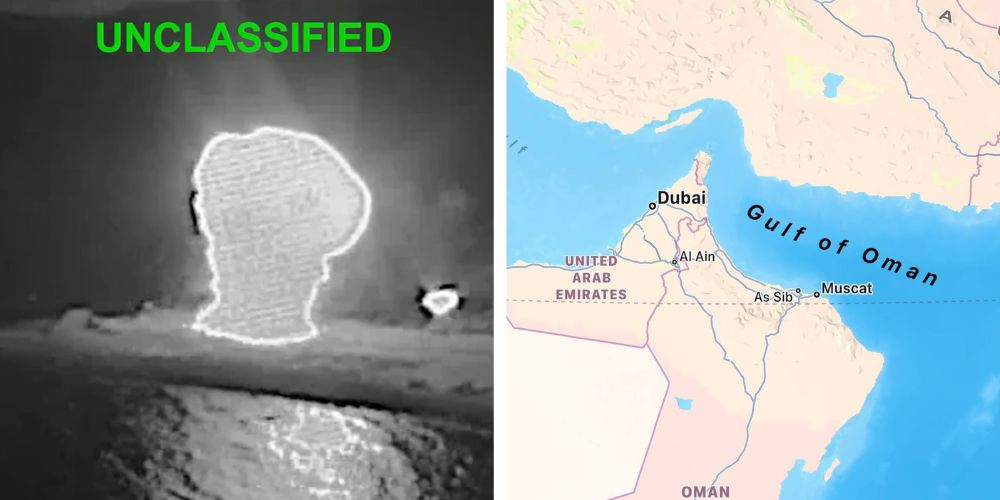Travis King, the American soldier who fled over the South Korean border to North Korea, had been detained in Seoul for getting into fights.
Court documents show that King had damaged a car and spent time in a detention facility while in the city. Upon release he would have been sent back to the US, but he reportedly fled across the border to North Korea instead.
To manage the escape, King joined a Joint Security Area (JSA) tour going between the two countries and found an opportunity to go north. North Korea has not commented on the incident thus far.
King's mother told ABC News, "I can't see Travis doing anything like that."
She last heard from her son a few days prior to the news, and just wants "him to come home."
White House Press Secretary Karine Jean-Pierre addressed the subject on Tuesday, saying, "In the afternoon of July 18th, local time, a U.S. soldier on a private JSA orientation tour crossed, willfully and without authorization, the military demarcation line into the Democratic People’s Republic of Korea."
"I don’t have more to share beyond that. We are looking into this. We’re trying to get more information," she continued.
When asked about resources that the White House is willing to put forward to get the soldier back, Jean-Pierre did not have any information at the time.
The Demilitalized Zone (DMZ) that separates North and South Korea is one of the most fortified borders in the world. King was able to escape to the North Korean side without being stopped immediately.
King was able to get to the DMZ after he had been escorted to an airport in Incheon, near the South Korean capital, Seoul. However, after entering customs and being separated from his escorts, he never boarded his plane.
CBS News spoke with a man who used to work the JSA tours in the "peace village" of Panmunjom. A small area is marked with the demarcation line but is without barbed wire for the intermittent tours.
The man said there was "no way [King] could escape from the airport one day and book on to one of these tours the next." He said it would usually take three days for usual security procedures to allow it.





